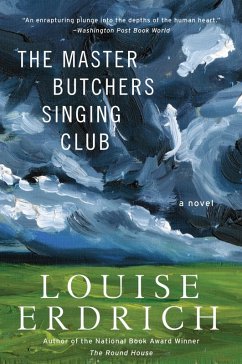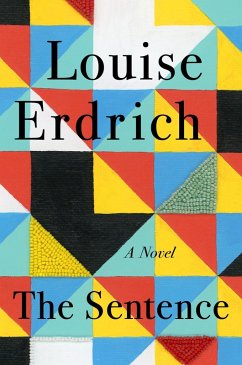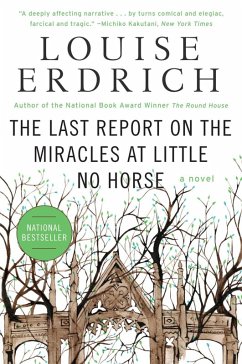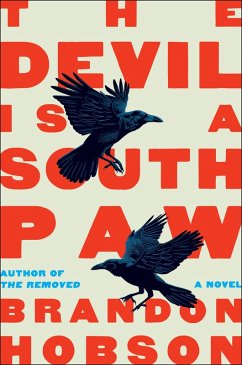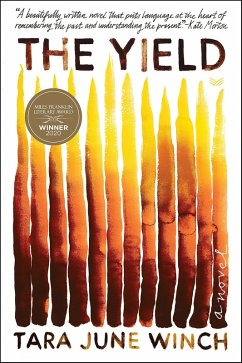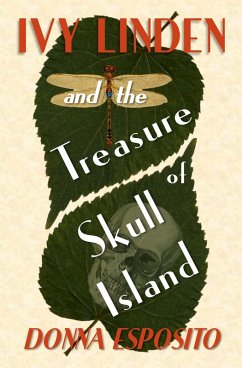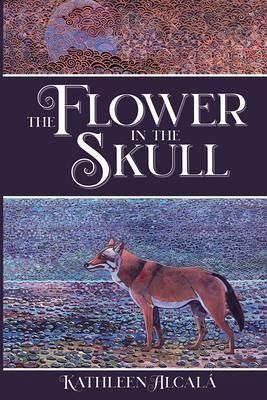
The Flower in the Skull (eBook, ePUB)
Versandkostenfrei!
Sofort per Download lieferbar
6,99 €
inkl. MwSt.
Weitere Ausgaben:

PAYBACK Punkte
3 °P sammeln!
A riveting novel from acclaimed author Kathleen Alcalá, this second edition of The Flower in the Skull, from Raven Chronicles Press, begins in the Sonoran Desert in the late 19th century, where an Ópata village is attacked by Mexican soldiers. Her family scattered, Concha makes her way to Tucson, where the stories she tells her daughter lead to Shelly-a troubled Latina in modern-day Los Angeles, increasingly fascinated by her ancestry. A powerful tale of heritage, loss, and acculturation, Alcalá spins her most lyrical and moving work yet.The Flower in the Skull stands perfectly apart even a...
A riveting novel from acclaimed author Kathleen Alcalá, this second edition of The Flower in the Skull, from Raven Chronicles Press, begins in the Sonoran Desert in the late 19th century, where an Ópata village is attacked by Mexican soldiers. Her family scattered, Concha makes her way to Tucson, where the stories she tells her daughter lead to Shelly-a troubled Latina in modern-day Los Angeles, increasingly fascinated by her ancestry. A powerful tale of heritage, loss, and acculturation, Alcalá spins her most lyrical and moving work yet.
The Flower in the Skull stands perfectly apart even as it continues the epic begun with Spirits of the Ordinary.
The second part of a planned trilogy that began with Spirits of the Ordinary (1997), The Flower in the Skull spans more than a century in offering a view of three women linked by Indian blood and their dreams, and seared by the violent transgressions of men. Childhood comforts in her Ópata village in Sonoran Mexico cease for Concha when her father is seized by Mexican soldiers and never seen again. First abandoning home with the remainder of her family, then herself abandoned by her mother, Concha walks in a daze across the desert to Tucson, where she's taken in as a nanny by a prospering Mexican family. A measure of peace returns to her. But when she's raped by an Anglo and bears his child, nothing can ever be the same. A brief marriage to the family doctor fails to produce more children, so her husband abandons her for someone else, leaving Concha and daughter Rosa to fend for themselves.
¿¿Over the years, Rosa picks up the burden when her mother grows too weak to continue the dawn-to-dusk housecleaning work that has sustained them, but then Rosa catches the eye of a young minister and receives Concha's blessing to marry him just before Concha dies.
Busy starting her own family and keeping her own house, Rosa still wonders about her mother's past-Ópata and the father she never knew. Two generations forward, Shelly, an editorial assistant for an L.A. publisher, jumps at the chance to escape her stalking, harassing boss by going on a research trip to Tucson, where she finds not only a mystery involving her mother's family and her people in a broader sense, but also the will to survive the horror waiting for her when she returns to Los Angeles.
¿Like her previous novel Spirits of the Ordinary, The Flower in the Skull is set along the Mexican/U.S. border and deals with three generations of Ópata Indian women--ranging from the turn of the century to the present day. All are based on members of Kathleen's family, the book recreating both the magic and hard work of survival. The story is heartbreaking in places, but the prose is even more gorgeous, and there is a richness to Alcalá's characterization and settings that invite re-reading passages, simply to re-experience their resonance.
This book is not to be missed, especially by students of Native American Studies, border studies, and American history.
The Flower in the Skull stands perfectly apart even as it continues the epic begun with Spirits of the Ordinary.
The second part of a planned trilogy that began with Spirits of the Ordinary (1997), The Flower in the Skull spans more than a century in offering a view of three women linked by Indian blood and their dreams, and seared by the violent transgressions of men. Childhood comforts in her Ópata village in Sonoran Mexico cease for Concha when her father is seized by Mexican soldiers and never seen again. First abandoning home with the remainder of her family, then herself abandoned by her mother, Concha walks in a daze across the desert to Tucson, where she's taken in as a nanny by a prospering Mexican family. A measure of peace returns to her. But when she's raped by an Anglo and bears his child, nothing can ever be the same. A brief marriage to the family doctor fails to produce more children, so her husband abandons her for someone else, leaving Concha and daughter Rosa to fend for themselves.
¿¿Over the years, Rosa picks up the burden when her mother grows too weak to continue the dawn-to-dusk housecleaning work that has sustained them, but then Rosa catches the eye of a young minister and receives Concha's blessing to marry him just before Concha dies.
Busy starting her own family and keeping her own house, Rosa still wonders about her mother's past-Ópata and the father she never knew. Two generations forward, Shelly, an editorial assistant for an L.A. publisher, jumps at the chance to escape her stalking, harassing boss by going on a research trip to Tucson, where she finds not only a mystery involving her mother's family and her people in a broader sense, but also the will to survive the horror waiting for her when she returns to Los Angeles.
¿Like her previous novel Spirits of the Ordinary, The Flower in the Skull is set along the Mexican/U.S. border and deals with three generations of Ópata Indian women--ranging from the turn of the century to the present day. All are based on members of Kathleen's family, the book recreating both the magic and hard work of survival. The story is heartbreaking in places, but the prose is even more gorgeous, and there is a richness to Alcalá's characterization and settings that invite re-reading passages, simply to re-experience their resonance.
This book is not to be missed, especially by students of Native American Studies, border studies, and American history.
Dieser Download kann aus rechtlichen Gründen nur mit Rechnungsadresse in A, D ausgeliefert werden.




